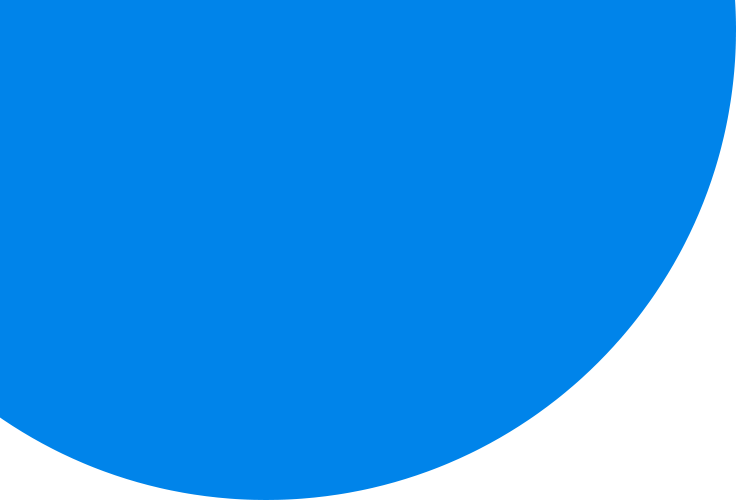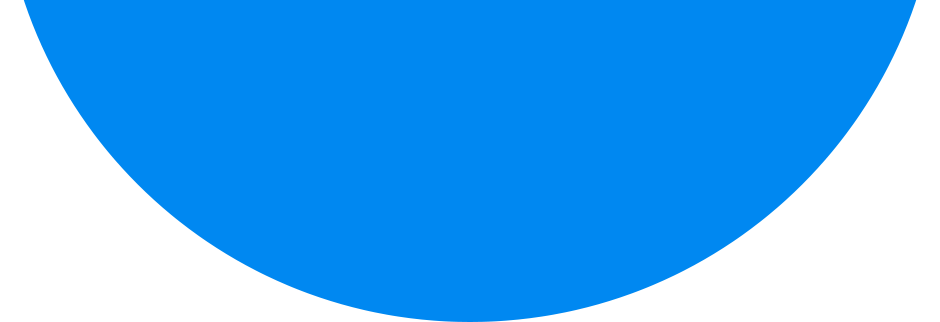


Remote patient monitoring (RPM) refers to the practice of collecting health data from patients outside of traditional clinical settings. This data is then transmitted securely to healthcare providers, enabling them to monitor a patient’s health status remotely.
RPM programs typically leverage various technologies to collect a range of health data, including:
The benefits of RPM are multifaceted, offering advantages for patients, healthcare providers, and healthcare systems as a whole.
Several chronic conditions can be effectively managed through RPM programs. Here are some prime examples:
These are just a few examples, and the applications of RPM continue to expand as technology and data analysis capabilities evolve.
RE.DOCTOR PPG Vitals Scan steps into the realm of RPM by transforming your smartphone into a convenient tool for vital sign monitoring. The app utilizes photoplethysmography (PPG) technology, a technique that employs the smartphone’s camera and light sensor to detect tiny blood volume changes beneath the fingertip. Based on these variations, RE.DOCTOR PPG Vitals Scan estimates vital signs, typically including:
By integrating RE.DOCTOR PPG Vitals Scan readings into an RPM program, healthcare providers can gain valuable insights into a patient’s health status between clinic visits. This continuous data stream allows for:
While the core functionalities of RE.DOCTOR PPG Vitals Scan might focus on heart rate and SpO2 monitoring, some variations of the app might offer additional features:
It’s important to consult the specific app description or user manual to confirm the exact features and functionalities offered by RE.DOCTOR PPG Vitals Scan.
Advantages:
RE.DOCTOR PPG Vitals Scan offers several advantages within the context of remote patient monitoring:
User-Friendly Design: The app’s user-friendly interface makes it accessible to patients with varying technical backgrounds. This is crucial for promoting patient engagement and adherence to RPM programs.
Cost-Effectiveness: Leveraging a smartphone for vital sign monitoring can be a more cost-effective solution compared to relying on dedicated medical equipment. This can benefit both patients and healthcare systems.
Convenience and Portability: The app allows for remote monitoring from virtually anywhere, eliminating the need for frequent clinic visits and enhancing patient convenience. This can be particularly beneficial for patients with limited mobility or those residing in remote locations.
Real-Time Data Insights: RE.DOCTOR PPG Vitals Scan provides healthcare providers with near real-time access to vital sign readings. This allows for quicker identification of potential issues and more timely interventions.
Limitations:
It’s important to acknowledge the limitations of RE.DOCTOR PPG Vitals Scan for RPM:
Not a Diagnostic Tool: The app’s readings shouldn’t be solely relied upon for diagnosis. Healthcare providers will conduct proper clinical assessments for definitive diagnoses.
Accuracy Considerations: The accuracy of RE.DOCTOR PPG Vitals Scan readings can be influenced by factors like user technique (finger placement, movement), skin tone, and certain medical conditions. While valuable insights can be obtained, readings shouldn’t be the sole basis for critical healthcare decisions.
Data Security and Privacy: As with any app handling health data, security and privacy are paramount concerns. It’s crucial to ensure RE.DOCTOR PPG Vitals Scan adheres to data security best practices and transparent data handling policies. Always download the app from official app stores and review the privacy policy before use.
When incorporating RE.DOCTOR PPG Vitals Scan or any app into an RPM program, data security and privacy are top priorities. Here are some key considerations:
By prioritizing data security and user privacy, healthcare providers and patients can leverage RE.DOCTOR PPG Vitals Scan with confidence within RPM programs.
RE.DOCTOR PPG Vitals Scan can be a valuable tool for various stakeholders within the realm of remote patient monitoring. Here’s a breakdown of the potential beneficiaries:
Patients with Chronic Conditions Suitable for RPM:
Case Study: Remote Heart Failure Management with RE.DOCTOR PPG Vitals Scan
Imagine John, a 68-year-old diagnosed with congestive heart failure (CHF). Frequent hospital visits and medication adjustments disrupt his daily routine. Enrolling in an RPM program that incorporates RE.DOCTOR PPG Vitals Scan allows John to monitor his weight and heart rate remotely. This data empowers his doctor to detect potential fluid buildup, a common CHF symptom, early on, enabling timely adjustments to his medication regimen. This can help John avoid unnecessary hospital visits and improve his quality of life.
Healthcare Providers Offering RPM Programs:
Healthcare Systems with Established RPM Infrastructure:
The Future of Remote Patient Monitoring with Tools Like RE.DOCTOR PPG Vitals Scan
The future of healthcare is undoubtedly moving towards more patient-centric and technology-driven models. Remote patient monitoring (RPM) plays a crucial role in this transformation, and RE.DOCTOR PPG Vitals Scan exemplifies the potential of smartphone-based tools for vital sign monitoring within RPM programs. As technology advances and user-friendly apps like RE.DOCTOR PPG Vitals Scan become more sophisticated, we can expect a wider range of health parameters to be monitored remotely, further revolutionizing healthcare delivery and empowering patients to take charge of their health.
What’s Next?:
If you’re a patient interested in exploring remote patient monitoring options, discuss the possibility of using RE.DOCTOR PPG Vitals Scan with your healthcare provider. Healthcare providers and healthcare systems can investigate how RE.DOCTOR PPG Vitals Scan can complement their existing RPM programs or initiate new ones. Remember, effective communication and collaboration between patients, providers, and healthcare systems are key to unlocking the full potential of remote patient monitoring and transforming healthcare for the better.
For additional resources on remote patient monitoring best practices and data security considerations in RPM programs, explore the following links: Remote Patient Monitoring Association website & Health IT Trust Alliance on security and privacy .
We can show how to easily integrate vital sign collection into your app or website.
North America: +1-307-278-9811
Europe: +374-041-200-356

Our solutions are not a replacement for a healthcare professional and our solution does not diagnose, prevent, provide any treatment for any form of illness or disease.
